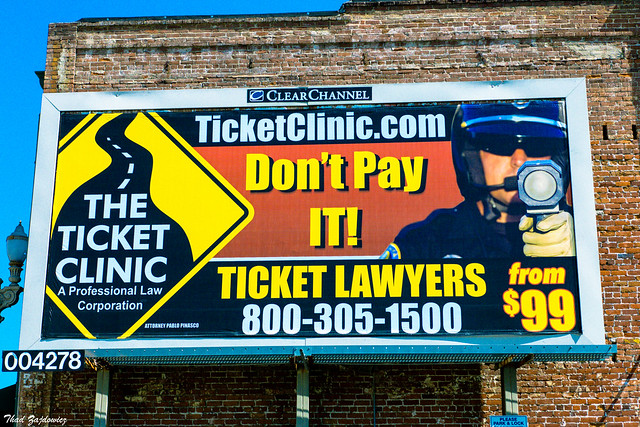In Zauderer v. Office of Disciplinary Counsel of the Supreme Court of Ohio, 471 U.S. 626 (1985), the Supreme Court, by a vote of 5-3, widened protection for commercial speech by striking down most, but not all, of Ohio’s restrictions on advertising by attorneys.
Zauderer, an attorney, had placed a newspaper advertisement offering to refund legal fees for anyone he represented who was convicted of drunk driving. In a later ad, he offered to represent, on a contingency fee basis, women who had been harmed by use of the Dalkon Shield intrauterine device.
Zauderer was reprimanded for attorney advertising violations
The Ohio Disciplinary Board reprimanded Zauderer for improperly indicating that he would represent individuals in criminal matters (drunk driving) on a contingency fee basis, for including an illustration in the Dalkon Shield advertisement (and soliciting legal employment), and for not fully disclosing costs for which plaintiffs would be liable in unsuccessful Dalkon Shield cases.
Court said Zauderer had right to advertise truthfully
In reviewing the case, the Supreme Court applied the commercial speech standards set forth in Central Hudson Gas and Electric Corp. v. Public Service Commission (1980), in which it indicated it would accept regulations of truthful and non-misleading speech only when such regulations furthered a substantial governmental interest and directly advanced such an interest in a narrowly tailored way.
Justice Byron R. White wrote the opinion for the Court, with which eight justices agreed to parts. White focused on three issues. First, he found that Zauderer had a right to advertise truthfully, even if the advertisements included “self-recommendation and solicitation” and even if others regarded the ads as in poor taste. Fears that lawyers might stir up undue litigation were inadequate to meet Ohio’s ban in this case. Second, he found that Ohio had not adequately justified its restrictions on illustrations in advertisements. On the third issue, however, White found that the state could require certain “disclosure requirements” to protect individuals who might not understand the distinction between an attorney’s actual fees and other costs that might be associated with cases.
Justices William J. Brennan Jr. and Thurgood Marshall agreed that the state could insist on the latter standards but did not believe that Ohio had adequately specified them in advance or given Zauderer due process. Justices Sandra Day O’Connor and William H. Rehnquist were willing to allow for greater restraints on advertising of legal advice than the majority and believed Ohio was entitled to greater deference when it came to regulating professionals such as lawyers than that in other purely commercial transactions.
John Vile is a professor of political science and dean of the Honors College at Middle Tennessee State University. He is co-editor of the Encyclopedia of the First Amendment. This article was originally published in 2009.

